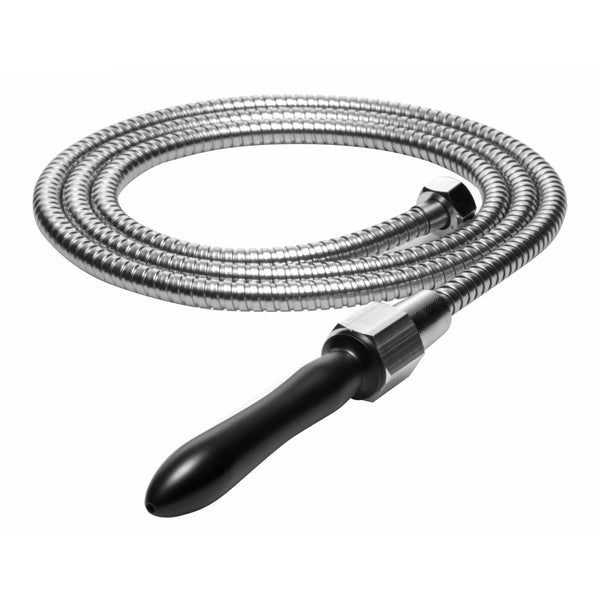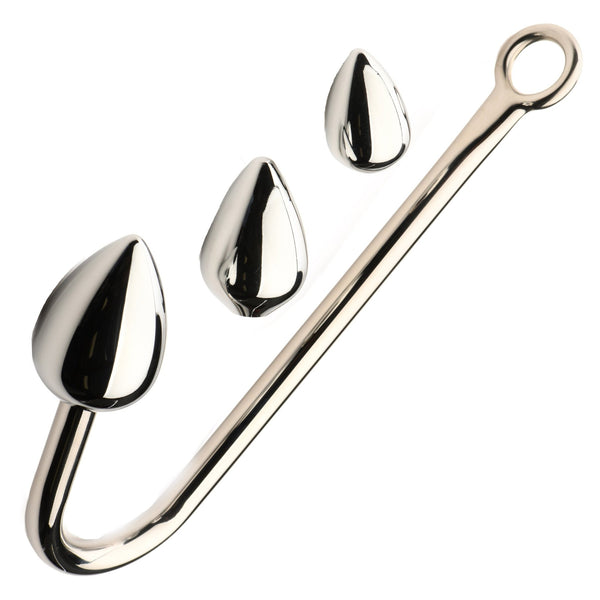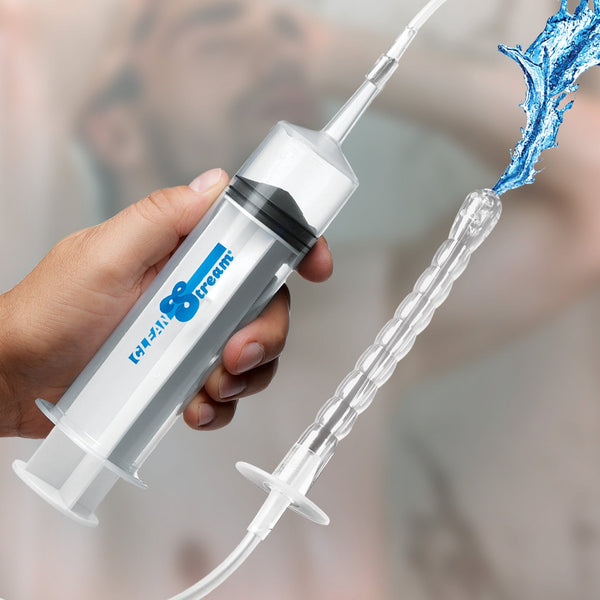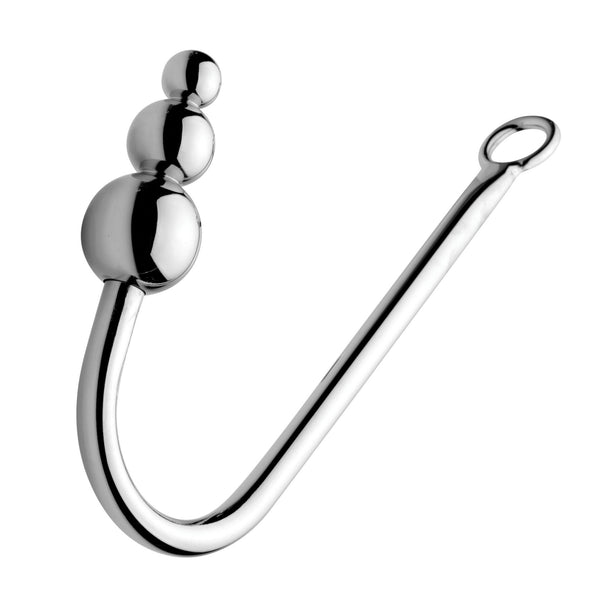Masturbation remains a cornerstone of sexual exploration and satisfaction, drawing attention to the universal quest to understand why sex feels so good and its myriad benefits to physical and emotional health. As a profound aspect of human sexuality, it navigates the intricate landscapes of pleasure and intimacy, answering the perennial questions of what is sex and what does intercourse feel like. The importance of masturbation in enhancing sexual pleasure cannot be overstated, serving not only as a means of self-discovery but also as a vital component of a healthy sex life. Addressing misconceptions and expanding knowledge on this subject is crucial in fostering a positive sexual well-being.
This article dives into the science behind sexual pleasure, elucidating how various masturbation techniques can significantly amplify gratification for individuals. It seeks to demystify questions such as, does sex actually feel good, and does sex feel better for men or women, by exploring how personal satisfaction can be maximized through self-exploration. Additionally, it highlights the health benefits of a good sex life, including masturbation's role in improving physical health and emotional well-being. By navigating through these sections, readers will gain comprehensive insights into maximizing sexual pleasure, underpinned by a foundation of scientific understanding and personal empowerment.
The Science Behind Sexual Pleasure
The sexual response cycle, a core element in understanding sexual pleasure, consists of four distinct phases: excitement, plateau, orgasm, and resolution. During the excitement phase, individuals experience increased heart rate, muscle tension, and blood flow to the genitals, leading to physical signs like nipple hardening and genital swelling. Progressing to the plateau phase, these responses intensify, preparing the body for orgasm, characterized by involuntary muscle contractions and a peak in heart rate and blood pressure. Finally, the resolution phase allows the body to return to its normal state, often accompanied by feelings of satisfaction and fatigue Understanding these phases can enhance personal sexual experiences and address common sexual concerns.
Maximizing Sexual Pleasure
Effective communication plays a pivotal role in maximizing sexual pleasure. Clear and ongoing dialogue about boundaries, desires, and preferences enhances intimacy and satisfaction. It begins with a transparent consent process and extends to expressing needs during sexual activities, whether through verbal cues or body language. For instance, using phrases like "touch here" or non-verbal signals can guide partners to mutual pleasure, although ensuring clarity to avoid misunderstandings is crucial.
Exploring various sexual positions and techniques can significantly increase pleasure. Techniques like edging, utilizing toys, and engaging different erogenous zones such as the prostate, can lead to intense orgasms. Experimenting with positions—lying back, standing, or using different grips—alters sensations, potentially enhancing the sexual experience. Moreover, incorporating items like sex toys or experimenting with light bondage could introduce new sensations, making the experience more thrilling and satisfying.
Choosing the right sexual partner is essential, as compatibility influences sexual satisfaction and overall relationship happiness. A partner who is communicative, understanding, and reciprocates in exploring sexual desires contributes to a fulfilling sexual relationship.
Health Benefits of a Good Sex Life
Emotional Benefits
Engaging in sexual activity enhances mood through the release of endorphins, which leads to feelings of happiness and euphoria. Emotional intimacy during sex strengthens bonds between partners and contributes significantly to mental health by providing a sense of security and belonging. Regular sexual encounters reduce stress and anxiety, fostering a relaxed mental state and increasing overall happiness.
Physical Health Benefits
Sexual activity not only boosts physical health by increasing heart rate and burning calories but also strengthens the immune system, reducing the likelihood of illness. Regular orgasms improve blood flow and pelvic muscle strength, which are crucial for overall physical health and preventing conditions like incontinence. Additionally, the hormonal effects of sex, such as lowered cortisol levels and increased oxytocin, promote pain relief and better sleep, contributing to a healthier life.
Conclusion
Throughout the discourse, we have explored the multifaceted realm of masturbation and its quintessential role in enriching sexual pleasure. From the intricate details of the sexual response cycle to the strategic utilization of varied techniques and the significance of partner choice, the article has provided comprehensive insights aimed at enhancing personal satisfaction and overall sexual well-being. Emphasizing the science behind sexual pleasure alongside practical advice for experimentation underscores the importance of self-exploration and open communication in achieving a fulfilling sex life. These elements are pivotal not only for sexual gratification but also for bolstering physical and emotional health.
The discussion extends beyond mere techniques, touching on the profound emotional and physical health benefits that a vibrant sex life, inclusive of masturbation, offers. Regular sexual activity has been shown to improve mood, strengthen emotional bonds, boost physical health, and enhance mental well-being. Thus, embracing the practices and understanding shared here can lead to improved intimacy, satisfaction, and health. As individuals venture further into their sexual journeys, remembering the principles outlined will prove invaluable in maximizing pleasure and well-being, encouraging an open-minded approach to sexual exploration and discovery.






























